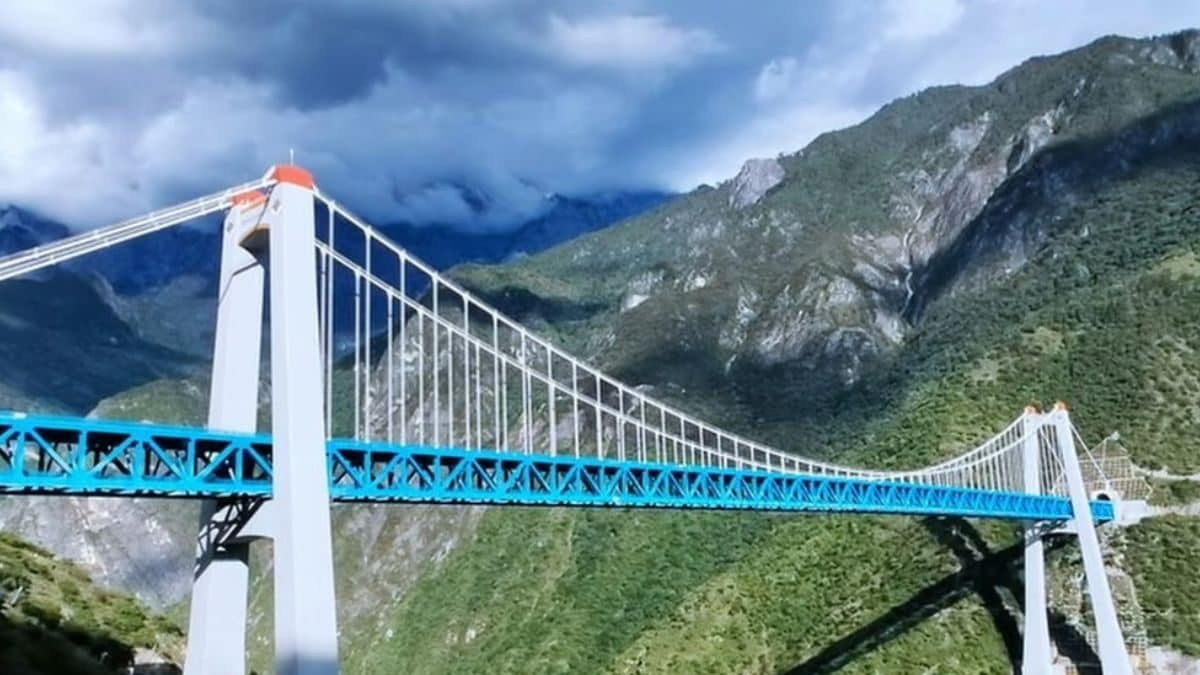Development or Demography Change? China’s Expanding Infrastructure in Tibet Raises Concerns for Locals – News18
Last Updated: July 11, 2023, 11:18 IST

The Haba Snow Mountain Tunnel has recently been completed after construction for nine years. (Credits: South China Morning Post)
The Tibetan people believe that the infrastructure development in Tibet will benefit the Chinese military in the region
China is making rapid advances to make a demographic change in Tibetan region. China is not only increasing the migration of Chinese workers in the contested region, but also investing in infrastructure and rapid urbanisation to weaken Tibetan resistance.
Recently China has completed Haba snow mountain railway tunnel project, which connects Chengdu and Lhasa. The project, along the Lijiang-Shangri-La section of the Yunnan-Tibet Railway, was completed last week after nine years.
Chinese mouthpiece Global Times called it “a major milestone in the construction of the strategic railway network.”
However, the Tibetan people believe that the infrastructure development will also benefit the Chinese military. The network will be used for Chinese army deployment in the region, the locals say.
The Tibet Policy Institute said that China aims to employ a combination of strict control over Tibet and suppress any form of opposition to gradually diminish and weaken Tibetan resistance both within and beyond Tibet’s borders.
The increasing presence of Chinese migrant workers and rapid urbanization in cities like Lhasa has led to a rise in intermarriage between Tibetan and Chinese communities, the institute said.
The intermarriages have led to a blending of cultures, traditions and customs of the Tibetans and the Chinese. However, this has led to a gradual erosion of traditional Tibetan cultural practices and language while the Chinese influence become more prevalent.
The Communist Party of China government has made extensive investments in Tibet’s infrastructure since the 1990s, particularly in connectivity projects like railways, roads and airports. The Chines government has also made investments in hydro-power energy, urbanization, mining, tourism, and military and government infrastructure.
China views these significant infrastructure investments as a means to enhance its control over Tibet, a region it considers to have unlawfully invaded and occupied.
For all the latest world News Click Here

